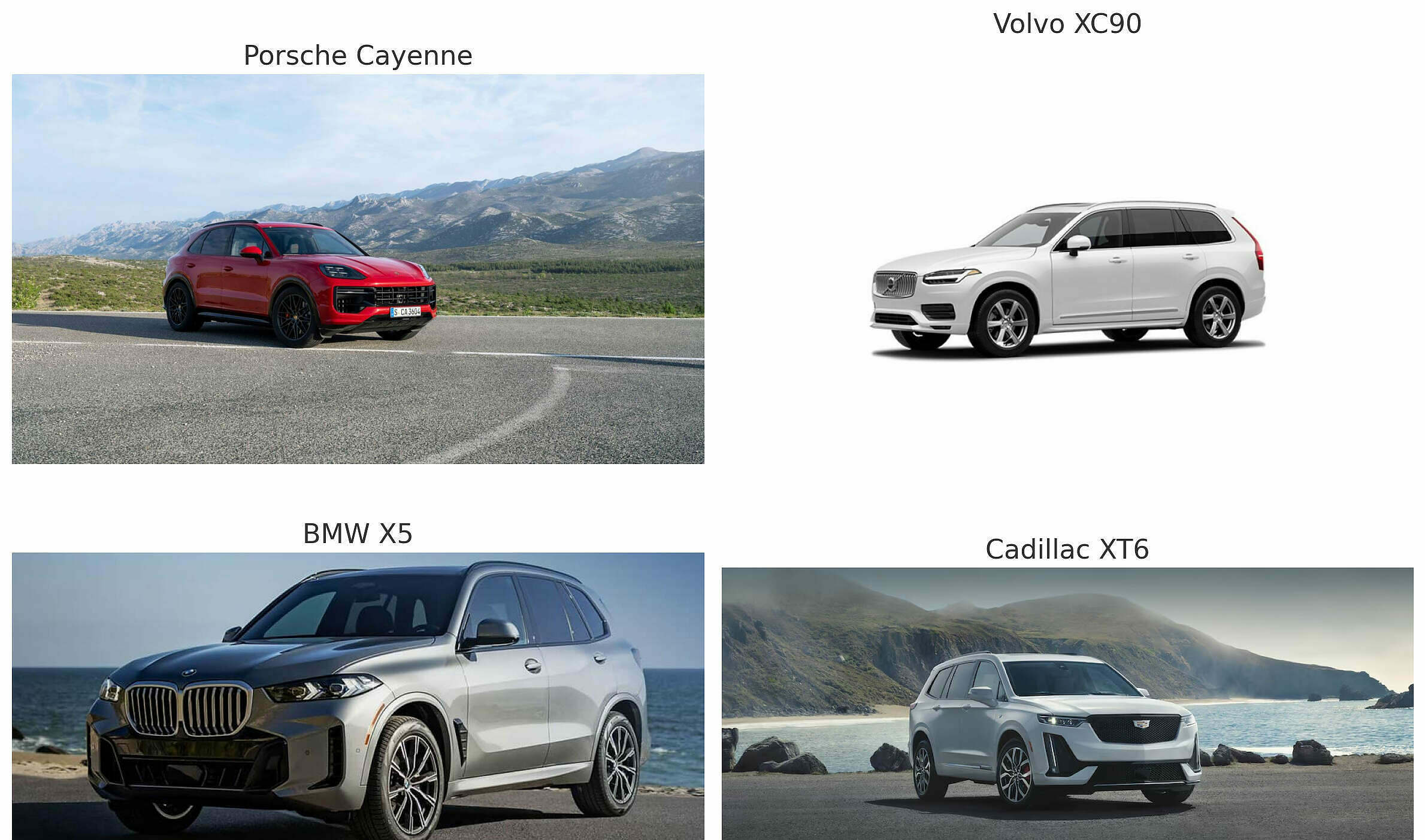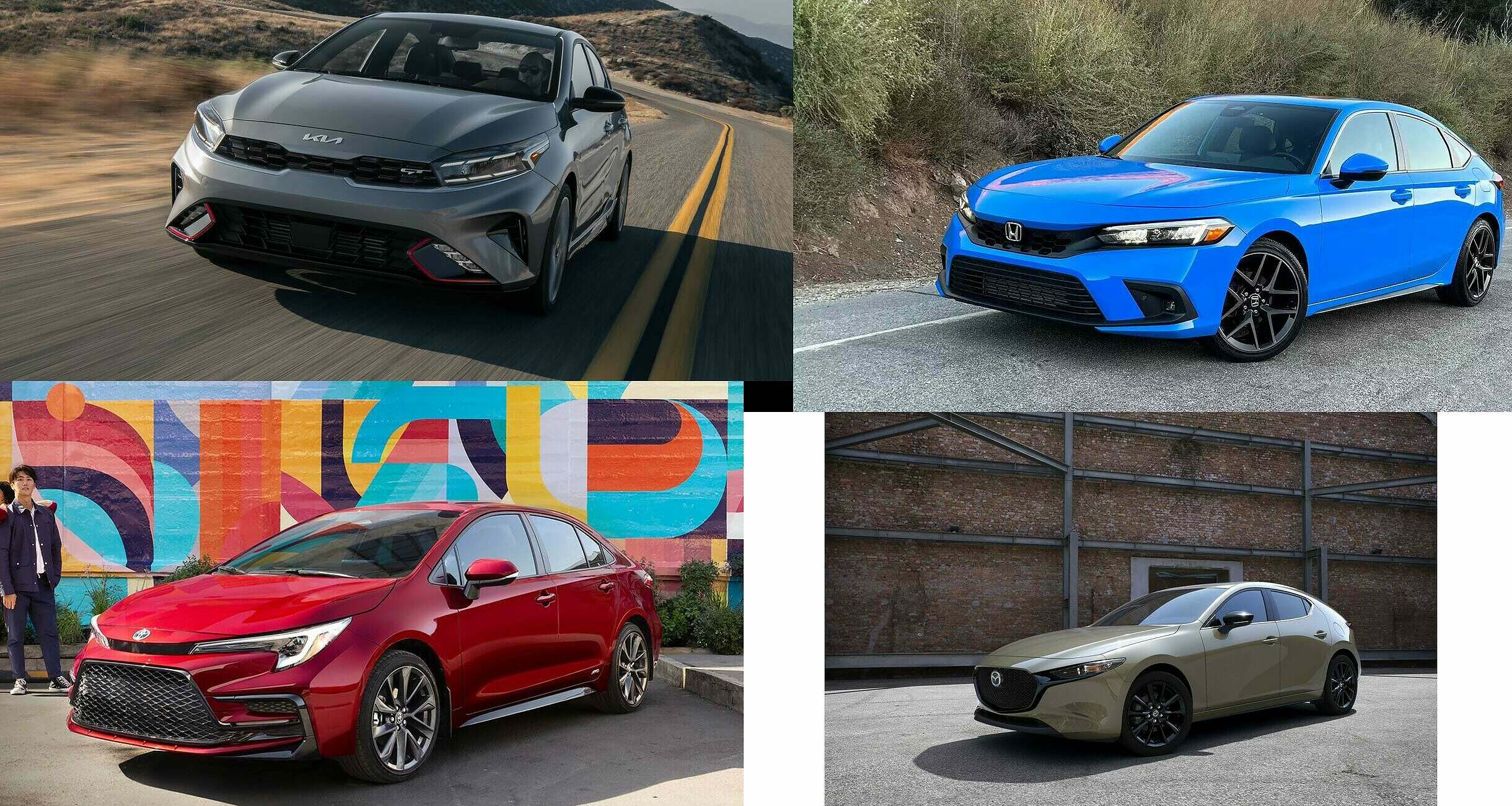In the ever-evolving landscape of automotive technology, the rise of electric vehicles (EVs) has sparked a significant debate: Will EVs make gasoline engines extinct? This question not only encompasses the technological advancements and environmental concerns but also taps into the economic and cultural shifts happening worldwide.
The Shift to Electric Vehicles
Technological Advancements
Electric vehicles have surged in popularity, thanks to major advancements in battery technology, energy efficiency, and manufacturing processes. The progress in lithium-ion batteries, in particular, has led to longer ranges, reduced charging times, and more affordable prices for consumers. Moreover, the integration of smart technology in EVs, such as advanced driver-assistance systems (ADAS) and connectivity features, has made them more appealing than their gasoline counterparts.
Environmental Concerns
The environmental impact of vehicles is a pressing global issue. Gasoline engines emit a significant amount of greenhouse gases, contributing to climate change and air pollution. EVs, on the other hand, offer a cleaner alternative, with the potential to drastically reduce emissions, especially when charged with renewable energy sources. This shift towards sustainability is a key driver behind the growing demand for electric vehicles.
Economic Factors
The economic implications of transitioning to EVs are profound. Initially, electric vehicles tend to be more expensive upfront than gasoline vehicles. However, the lower operating costs of EVs, including savings on fuel and maintenance, can offset the higher purchase price over time. Governments around the world are offering incentives to encourage the adoption of electric vehicles, further bolstering their economic viability.
Cultural and Social Shifts
Society’s perception of transportation is changing. A growing awareness of environmental issues has led to a cultural shift, with consumers increasingly prioritizing sustainability. This has been accompanied by a social push towards innovative technologies and cleaner alternatives, making electric vehicles a symbol of progress and environmental responsibility.
Challenges Ahead
Despite the momentum, several challenges remain in the widespread adoption of EVs. The infrastructure for charging stations is still developing, and range anxiety continues to be a concern for potential buyers. Moreover, the automotive industry faces the monumental task of overhauling supply chains and manufacturing processes to accommodate the production of electric vehicles.
The Future of Gasoline Engines
While the shift towards electric vehicles is undeniable, gasoline engines are not likely to become extinct in the immediate future. There are still significant portions of the market and regions of the world where gasoline vehicles are preferred or necessary due to infrastructure, economic factors, or specific use cases. Additionally, advancements in hybrid technologies offer a transitional solution, combining gasoline engines with electric power to reduce emissions and improve efficiency.
Conclusion
The transition from gasoline engines to electric vehicles represents a pivotal
moment in automotive history, driven by technological innovation, environmental consciousness, and a shift in consumer preferences. While electric vehicles are set to dominate the future of transportation, the extinction of gasoline engines is not imminent. Instead, we are likely to see a gradual shift, with gasoline engines coexisting with electric and hybrid models for some time.
The trajectory towards electric vehicles is clear, but the journey will be gradual, marked by continuous innovation, infrastructure development, and changes in societal norms. The automotive industry is at the cusp of a revolution, and electric vehicles are at the forefront, promising a future that is not only greener but also technologically advanced and economically viable.



